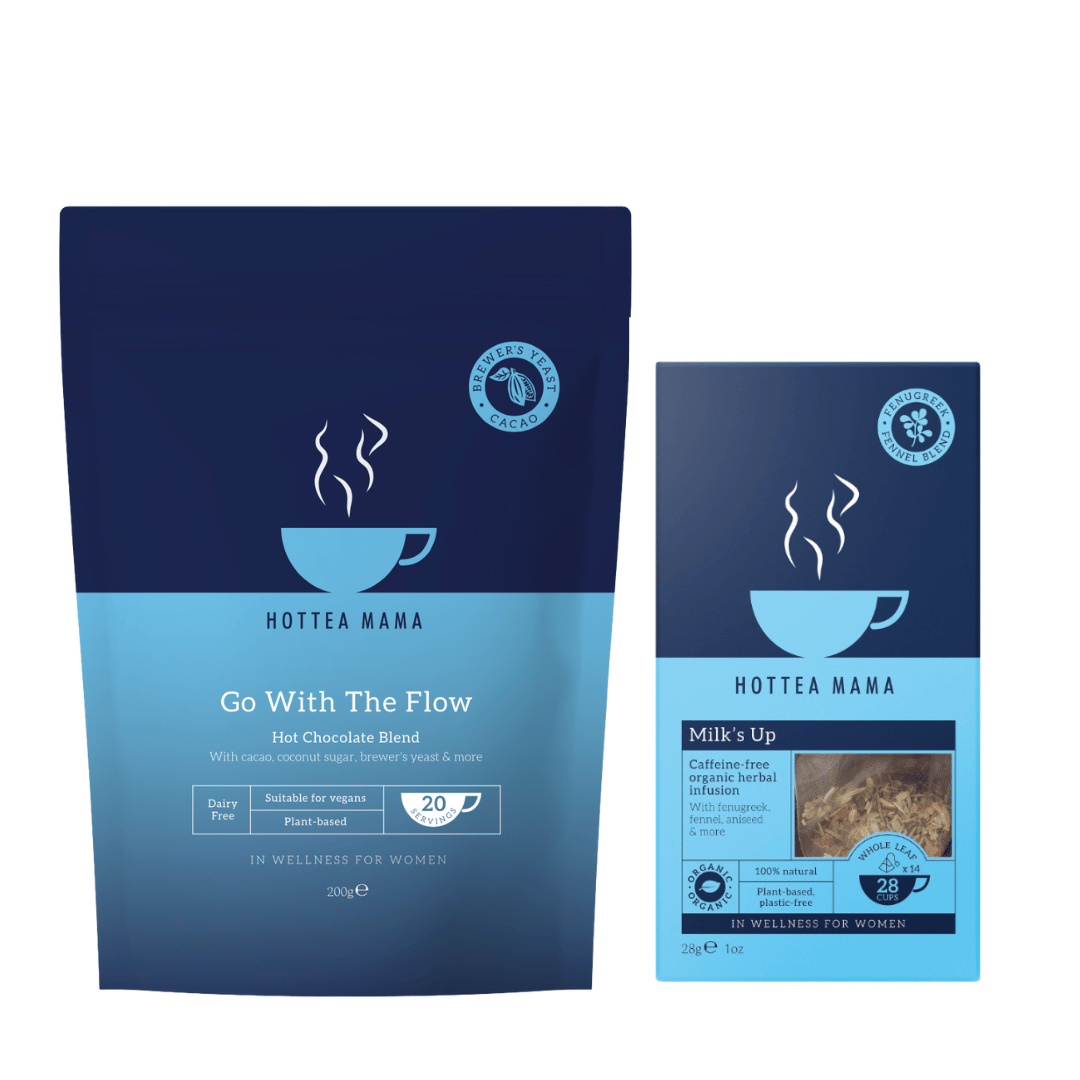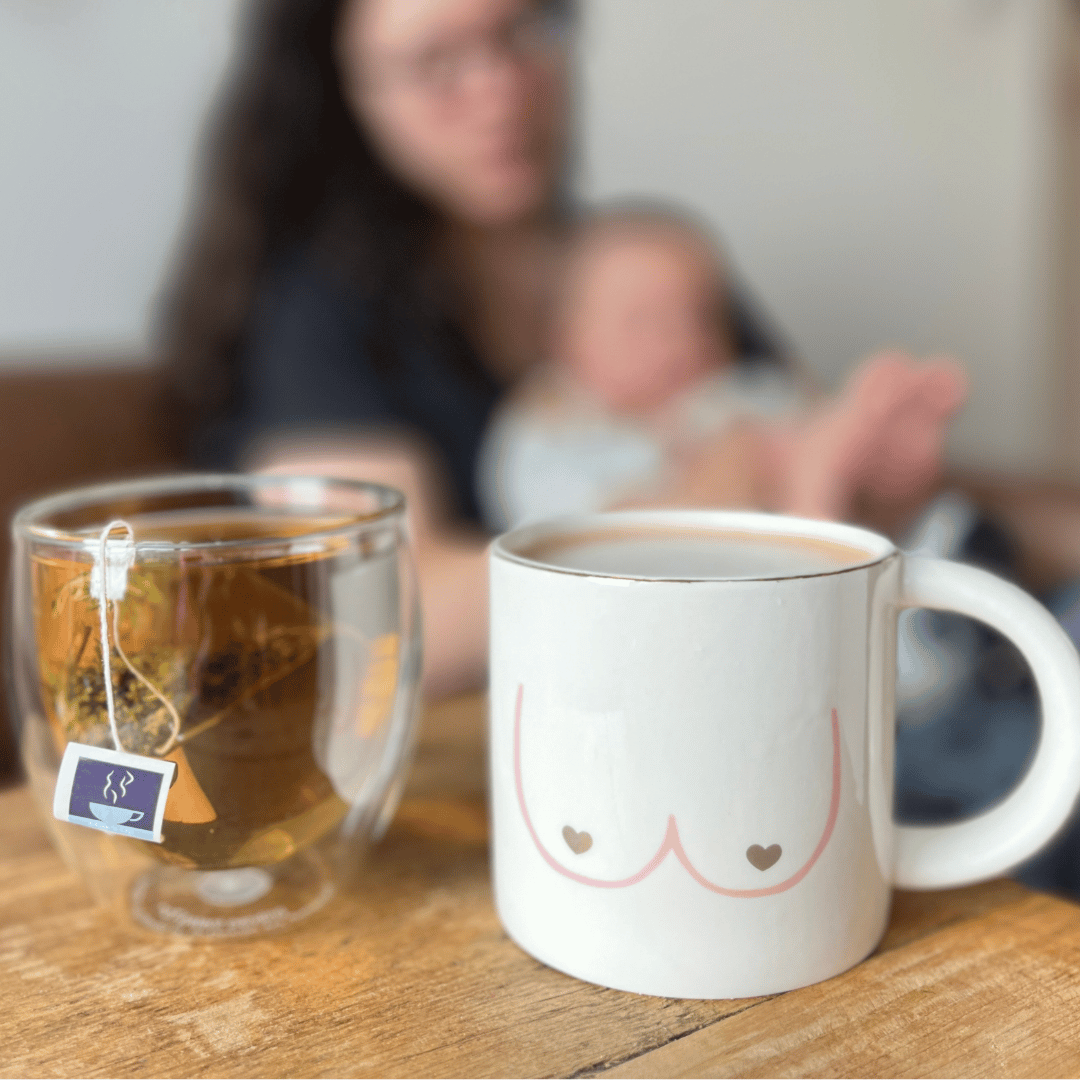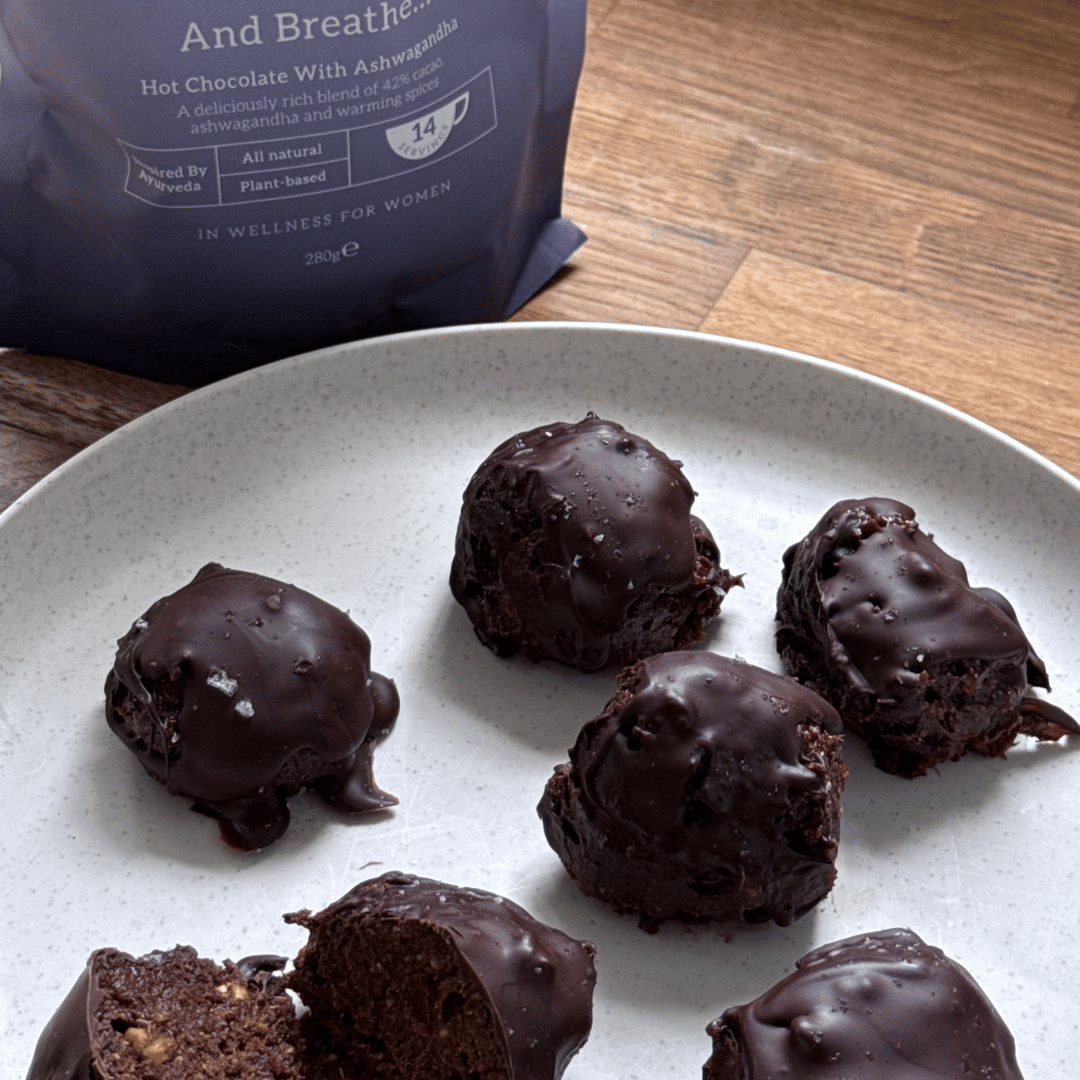Why Putting Mum First in Recovery Isn’t Indulgence - It’s Essential

By Lara Taylor - The Specialist Midwife (@lara_thespecialistmidwife)
When you’ve just had a baby, the world revolves around your dependent newborn. Their weight charts, their sleep patterns, their feeds. But here’s the truth I’ve seen again and again as a midwife: if no one is looking after the mother, recovery takes longer, bonding feels harder, and mental health suffers silently.
Self-care in the postnatal period doesn’t just mean scheduling a bubble bath….It’s a physiological requirement.
Why Self-Care Matters More Than Ever After Birth
Every birth leaves its mark….Vaginal, assisted or Caesearen. Your body is doing the slow, invisible work of repair, with hormonal re-calibration, tissue healing and nervous system recovery.
When you ignore your needs or push them to the bottom of the list, the body doesn’t recover faster. It slows down. Pain will linger, your mood dips and exhaustion builds. And it’s not just physical!
Mothers who are supported to rest, nourish themselves and feel genuinely cared for show stronger mental health outcomes, lowering risk of postnatal depression, and a deeper, calmer confidence in parenting.
Practical Ways to Put Yourself First Without Guilt
- Reframe “self-care” as recovery care. Drinking water, eating well, resting when possible, this is your body’s rehab plan and no…its not a luxury.
- Set small daily and achievable rituals. A ten-minute walk, a stretch before bed, or a warm drink can reset your nervous system and shift your mood.
- Ask for support early. The first weeks are not the time to prove independence. Your recovery deserves the same team approach as your birth.
- Protect sleep pockets. Even short naps in the day reduce stress hormones and improve tissue repair.
The Role of Nourishment
Postnatal recovery isn’t just about rest, it’s about fuel. Your body has been through an immense series of changes and now it’s repairing, re-balancing hormones, producing milk (if you’re breastfeeding), and caring for a newborn around the clock. That kind of demand can’t run on empty.
Nourishment in the fourth trimester is less about “eating perfectly” and more about keeping yourself steady. Think warming, wholesome foods that bring comfort and sustain energy. Soups, slow-cooked meals, porridge, stews…things you can prepare in batches and grab quickly. If sitting for three full meals feels impossible, eat little and often. A piece of toast with nut butter, yoghurt with fruit, a boiled egg, small snacks that stop blood sugar crashing.
Tiredness and exhaustion will naturally steer you towards sugar and quick carbs, and that’s not a failure, it’s biology. Cortisol rises when you’re stressed and sleep-deprived, which makes those foods appealing. The key is balance…listen to your hunger cues, but when you can, lean on foods that nourish recovery: protein for tissue repair, iron-rich meals to rebuild after blood loss, calcium and healthy fats for bone strength and hormones.
Hydration is just as crucial. Even mild dehydration increases fatigue, low mood, and brain fog. If you’re breastfeeding, your fluid needs increase significantly but every mother benefits from keeping water nearby throughout the day.
And breastfeeding itself is an additional layer of demand. Milk production pulls on your body’s stores of calcium, iodine, and other micronutrients. Eating well and drinking enough isn’t about dieting or “getting your body back.” It’s about sustaining the incredible work your body is already doing, for you and for your baby.
Recovery is not powered by restriction. It’s powered by steady, compassionate fuelling. The kind that helps your body heal, balances your mood and gives you the reserves to keep going, day after day.
Daily Nourishment in Practice
One of my favourites is HotTea Mama’s Go With The Flow Hot Chocolate. It’s more than a comforting drink:
- Organic cacao: high in magnesium and antioxidants to support energy and reduce oxidative stress.
- Coconut milk powder to boost electrolyte recovery, and hydration.
- Coconut sugar (not cane sugar) which contains a small amount of inulin, a type of soluble fibre that can make blood sugar spikes less likely.
- Brewer’s yeast: a natural source of B vitamins, protein, selenium and chromium, often used to support breastfeeding mothers.
But it’s not just the ingredients.
It’s the pause.
The act of making something warm, sitting with it, and letting your body feel safety and comfort. Every sip tells your nervous system the message most mothers forget to send themselves: I matter too.
The Benefits You’ll Actually Feel
- Physiological: Better circulation, improved iron uptake, hormonal support, calmer digestion.
- Mental: Reduced stress response, lifted mood, a sense of being cared for.
- Emotional: A daily reminder that your recovery is valid, urgent, and worth investing in.
Final Thought
You don’t need more to-do lists in the fourth trimester. You need anchors.
And sometimes that anchor looks like a hot chocolate that’s as functional as it is comforting.
Because when you put mum first, everyone thrives.
This expert blog was written by Lara Taylor (The Specialist Midwife) A private and independent Midwife, with over 13 years of experience in maternity care across both NHS and private settings. Lara specialises in personalised fourth trimester care, supporting recovery, bonding and the early weeks of parenting, with calm, expert guidance.






Comments